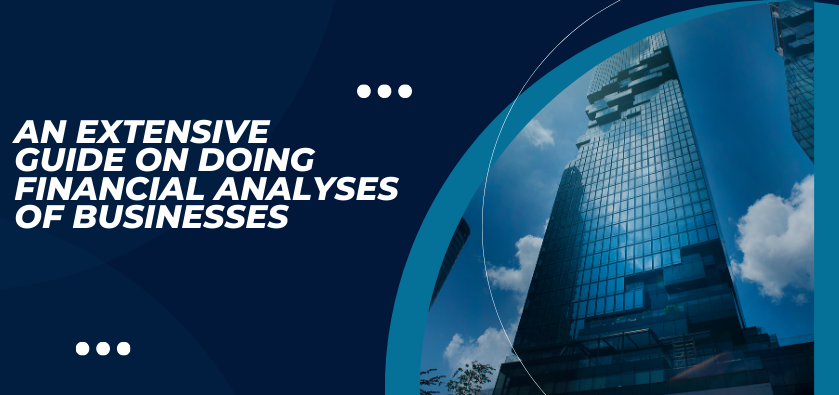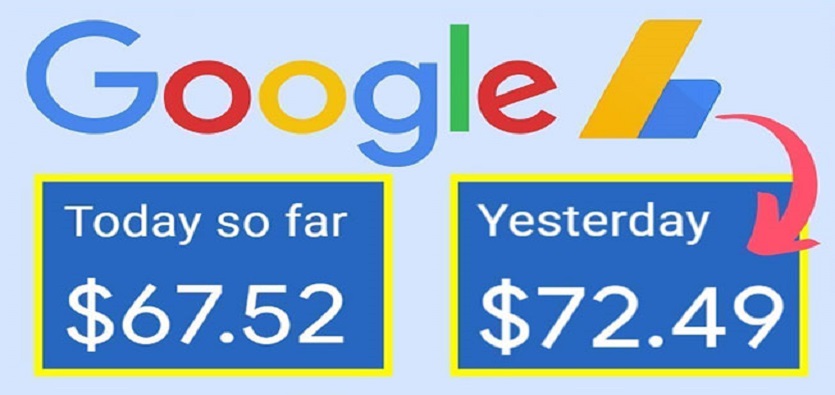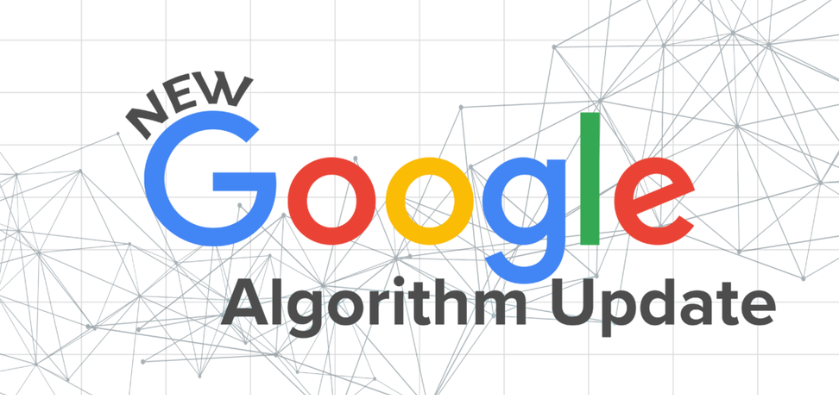Traders in the foreign exchange (forex) market may puzzle you. What else could a seller need besides a willing buyer and an item to sell? Perhaps we might take a fresh perspective and investigate it further to see who these people are. Visit the multibank group, the forex exchange market is a vast and complex environment, involving entities ranging from individual traders like yourself to a hierarchical network of governments, corporations, and financial institutions. They initiate global currency trading, which develops into the current enormous market for exchange rates.
Banks for Business and Financial Investment
First, let’s look at the major participants in this field: the banks. Larger than the typical Forex trader, their worries are not that different from those of retail traders. Participating in the forex market is done to make money, whether one is a price maker or a price taker.
The forex market is made up of hundreds of banks. Banking institutions of all sizes take part in the forex markets to both hedge against their own and their customers’ exposure to currency risk and to boost the value of their shares to shareholders.
Although each bank is structured differently, all of them have something called a “dealing desk” that handles things like taking customer orders, creating new markets, and assessing and mitigating risk. One of the functions of an fx dealing desk is to profit from direct currency trading using means such as hedging, arbitrage, and other methods.
Financial Institutions at the Centre of the Economy
In most modern market economies, the Financial Institutions at the Centre of the Economy is the primary regulator of currency. To facilitate government monetary policy (the supply and availability of money) and to help smooth out the fluctuation of the value of their currency, central banks play a varied and potentially different role from one country to the next (through interest rates, for example).
Reserves, also known as official reserves and international reserves, are deposits held by central banks in foreign currency. Assets of this type owned by Financial Institutions at the Centre of the Economy are a strong indicator of a country’s creditworthiness and its ability to make good on its foreign commitments, both of which are considered in foreign policy.
Enterprises & Corporations
Some market players, called “market makers,” can determine prices while others do not. Some traders simply trade at the market’s established prices. They account for a sizable share of the market’s total volume.
This holds true for organizations of all sizes, from the smallest import/export firm to the largest cash-flowing company in the world. They must buy or sell foreign currency as part of regular business or capital activities to receive or make payments for goods or services rendered.
People who engage in “commodity trading” use the financial markets to hedge their bets and reduce their exposure to loss. On the contrary, speculators are defined as non-professional traders. People and organizations of various sizes who are actively trading in the financial markets to generate capital gains are included in this category.
Institutional Investors, Private Equity Firms, and Government Pension and Investment Funds
Riskier investment vehicles, such as hedge funds, have grown in favor as the popularity of Forex trading has skyrocketed over the past several decades and more people make a profession trading. These individuals are primarily comprised of domestic and foreign financial managers. Given the size of their investment capital pools, they can transact in the hundreds of millions.
The goal of the most risk-taking hedge funds, beyond minimizing the overall risk of the pooled money, is to generate absolute returns in accordance with their investment charters and duties to their investors. Investment opportunities for these players are distinct due to the favorable conditions brought about by the foreign exchange advantage elements of liquidity, leverage, and comparatively cheap cost.
Online Exchanges for Trading
The advent of Internet-based dealing platforms has presented a significant threat to the institutional Forex and the way in which exchange-related activities are currently being managed. Through this medium, a global market with a wide variety of vendors and transparent pricing structures has emerged.
The introduction of electronic brokering platforms is proof of the systematization of customer/order matching, as these platforms provide direct access to pools of liquidity. To streamline the brokering process, “straight-through-processing” (STP) technology is eliminating the need for human intervention between the time an order is entered into the trading system and the time it is handled and aligned by a counterparty.
Retail Brokers Operating Exclusively Online
You should now have a good understanding of how the forex market operates, having read the parts that came before this one. Now let’s have a look at how the inner workings of this market can impact your trading by gaining a better understanding of retail Forex brokers. Individual traders can participate in the interbank market thanks to the infrastructure provided by brokers, who are often extremely large businesses with a high trading volume.
Brokers allow individuals to participate in the market. Most of them are market makers for the retail trader, and to give competitive two-way rates, they need to adapt to the technical developments that are now taking place in the business, as we have seen in the previous section.
The conventional approach that most banks and other financial organizations use involves the employment of a trading desk, which is present in every market maker. The market maker engages in conversation with other market maker banks to control the exposure and risk of their position. Every market maker presents a price in a particular currency pair that is slightly distinct from the others based on the order book and pricing feeds that they use.
The Bottom Line
Therefore, you are now aware of the various market participants that are active in the forex traders market. As can be seen, the foreign exchange market is quite complicated and can take several forms, one of which is international electronic trading. Because of this, engaging in currency trading in recent years has become much more convenient for any trader who is interested in doing so.











